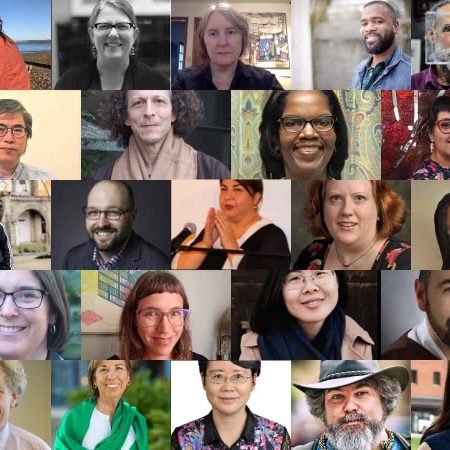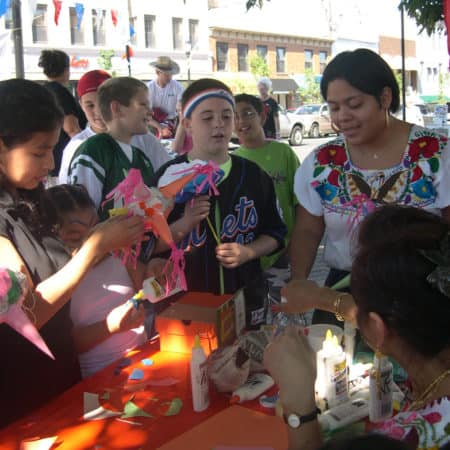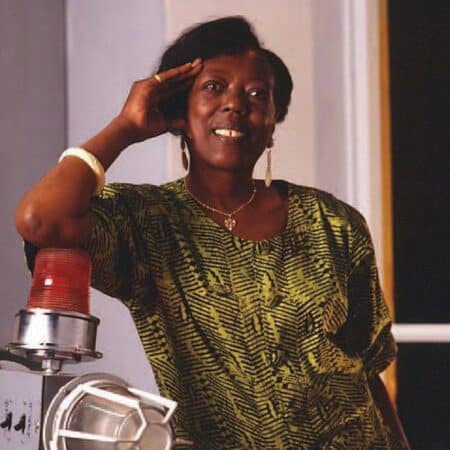A partial list of online communities and discussion groups serving special interests in the field of folklore.
AFS Project
Folklore opens new vistas for understanding what counts as normal. Studies of disability by folklorists are especially provocative for their critiques of ableism, challenging concepts of cultural competence. This March 25, 2022 webinar, sponsored by the AFS Fellows, features Nora Groce, Phyllis May-Machunda, and Anand Prahlad, who are joined by scholars from both folklore and disability studies in a roundtable discussion following the presentations.
Building on the virtual forum on race at the AFS 2020 Virtual Annual Meeting, this webinar turns to Latinidades and features four folklorists who will engage is in a discussion about folklorists studying both their own and other cultures.
The Society received a two-year grant from the Teagle Foundation as part of its “Big Questions and the Disciplines” initiative. The Foundation received over 60 pre-applications, invited 15 applicants to submit full proposals, and funded five organizations nationwide. This initiative provides grants to support
Collecting Memories: Oral Histories of American Folklorists is a joint project of the American Folklore Society, including its Archives and Libraries and History and Folklore sections, and Utah State University’s Special Collections and Archives. The project is an effort to preserve and disseminate the voices
Academic journals rely on financial commitments from universities in order to be viable since they do not generate enough revenue to support themselves. In 2019, the folklore faculty at George Mason University (GMU) applied to serve as the editorial team for the
Find out more about our field, what folklorists do, and where to learn more. Published by the American Folklore Society, whatisfolklore.org provides a beginner’s introduction to folklore and resources to extend your exploration of this diverse field of study. For students of
An online exhibition profiling ancestors of color who have contributed to folklore scholarship through research and documentation by, about, and for the uplift of historically and persistently marginalized communities.
Case studies and best practice reports created by recipients of the Consultancy and Professional Development grants project to share the lessons learned during their funded work. These reports cover a wide variety of issues and challenges in folk and traditional arts work.
A guide to promoting and sustaining folklore work in the United States, including tips specific to nonprofit organizations, higher education, independent folklorists, and community scholars.




